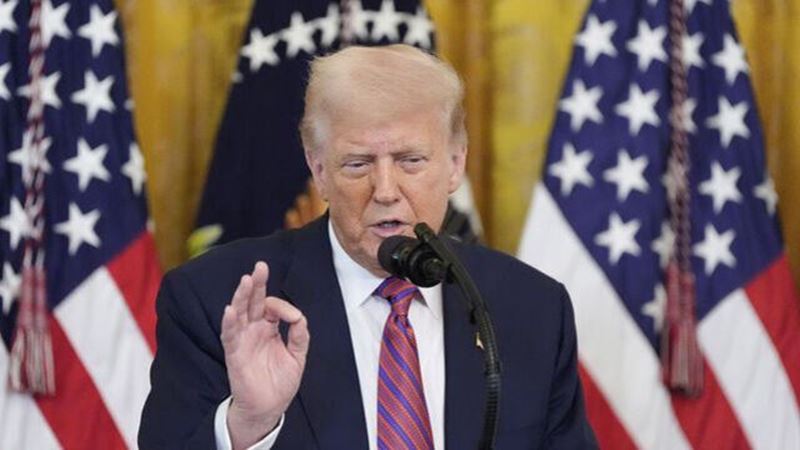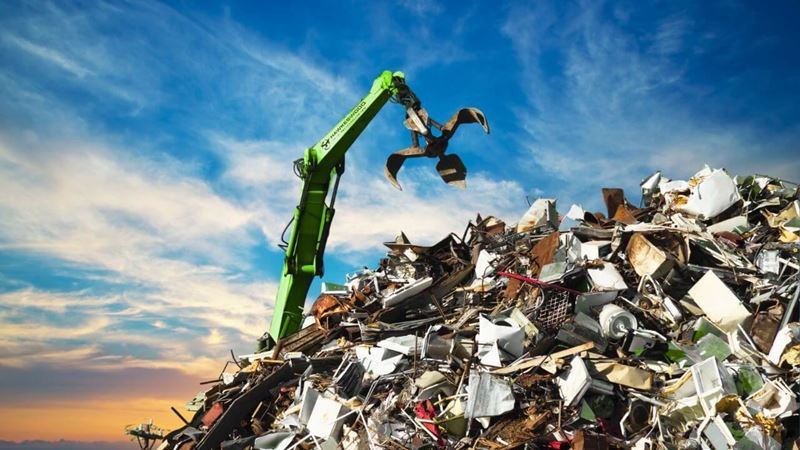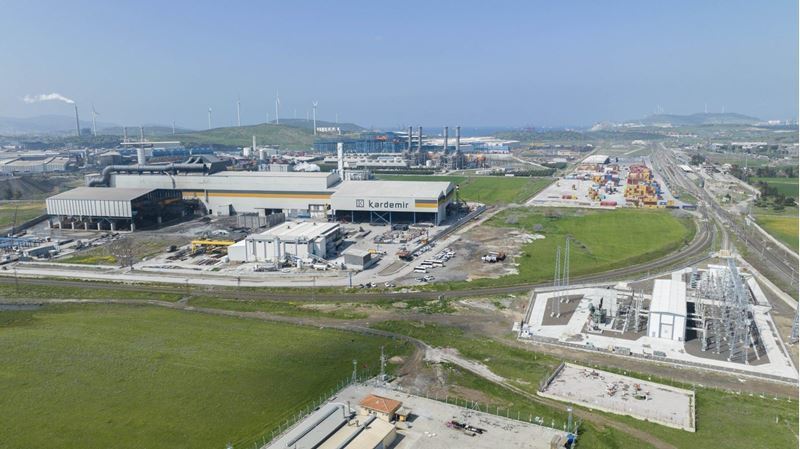In a statement from the White House, it was stated that the measure was taken to “protect national security, foreign policy, and economic interests,” adding that “the Brazilian government's recent policies pose unusual and extraordinary threats to the US.”
According to the decision, products shipped before August 6 and arriving in the US by October 5 will be temporarily exempt from the new tariff. However, the current 10% tax rate on imported products will increase fivefold on many items.
Product groups such as energy commodities, silicon metal, pig iron, aircraft parts, tin ore, metallurgical aluminum, orange products, and certain precious metals will be exempt, while Brazilian-origin coffee products will not qualify for this exemption.
The White House also emphasized that no additional burden would be imposed on certain products such as steel and aluminum, which are already subject to sectoral tariffs. Currently, a 50% customs duty is applied to steel and aluminum, and a 25% duty on automotive parts.
The Trump administration also based its decision on political grounds. The statement noted that the Brazilian Supreme Court's judicial proceedings against former President Jair Bolsonaro and the censorship imposed on social media platforms conflicted with US principles of freedom of expression.
President Trump also described Bolsonaro's trial as a “witch hunt” in a post on his own social media platform, Truth Social. He argued that the tariffs were a “response to attacks on free elections and the fundamental rights of Americans.”
Meanwhile, the U.S.'s trade balance with Brazil shows a surplus of USD 7.4 billion as of 2024. Experts warn that the new tariffs could increase prices, particularly for industrial raw materials, and affect supply chains in some sectors.











Comments
No comment yet.